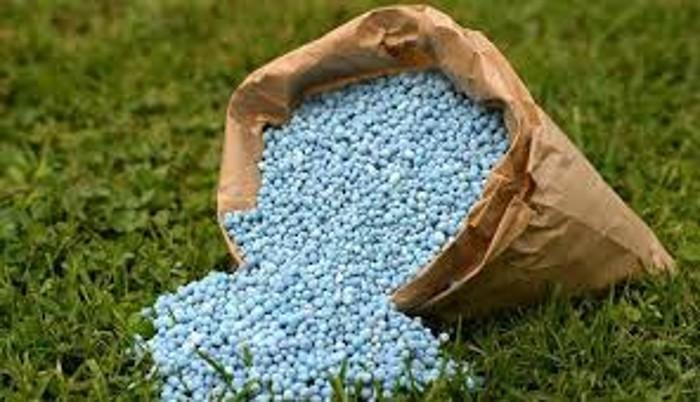Introduction
Micronutrients are chemical elements or substances required in small amounts for plant growth, whereas macronutrients are required in relatively large amounts. These micronutrients include boron (B), chlorine (Cl), copper (Cu), iron (Fe), manganese (Mn), molybdenum (Mo), nickel (Ni) and zinc (Zn).
Micronutrients Fertilizers perform vital functions in plants like photosynthesis, respiration, enzyme activity and assist in growth and reproduction.
Need for Micronutrients and Causes of Deficiency
While micronutrients are essential in minute quantities, their deficiency can have devastating effects on crop yield and quality. Some major causes of micronutrient deficiency include nature of soil (some soils lack certain micronutrients), high soil pH, excessive use of nitrogen fertilizers over the years, flooding of soil and monocropping of same crops year after year. Continuous cropping without proper fertilization leads the soil to deplete certain micronutrients over time. This causes yellowing, mottling, dieback etc in plants which reduce their growth and productivity.
Micronutrients Fertilizers - Benefits for Sustainable Agriculture
Use of balanced micronutrients fertilizers ensures adequate availability of all essential micronutrients to the crops. This helps in overcoming deficiencies and improves plant growth, yield and quality of produce. Some key benefits of micronutrients fertilizers include:
- Increased yields - application of correct doses of micronutrients increases photosynthesis and metabolic activity in plants. This results in more biomass production and greater yields by 15-20% on an average.
- Better quality produce - micronutrients improve nutritional quality of crops by promoting accumulation of protein, vitamins and minerals within. This makes the produce more nutrient-dense and beneficial for consumers.
- Resistance to biotic and abiotic stresses - adequate micronutrients strengthen plant defenses against pests, diseases and environmental stress factors like drought. This reduces crop losses.
- Soil health improvement - continuous use of micronutrient-rich fertilizers restores micronutrient balance in depleted soils over the long run, thus making the soil healthier and more productive.
- Economical agricultural production - by overcoming hidden hunger in soils, micronutrients ensure optimal use of other inputs like macro fertilizers, thereby making cultivation economical for farmers.
Judicious use of micronutrient mixtures for different crops and soil conditions maximizes their fertilizer value. This leads to more sustainable agricultural productivity to meet global food demands.
Micronutrients Fertilizers Formulations Available In India
A wide range of fertilizer formulations fortified with different micronutrient combinations suitable for various crops are available in the Indian market. Some of the commonly used types are:
- Zinc Sulphate (ZnSO4) - used for zinc deficiency in rice, maize, wheat, cotton etc.
- Borax (Na2B4O7.10H2O) - counters boron deficiency in oilseeds, pulses, vegetables.
- Manganese Sulphate (MnSO4) - corrects manganese deficiency in fruits, vegetables.
- Copper Sulphate (CuSO4) - manages copper deficiencies in rice, fruits.
- Chelated mixtures - contain chelated micronutrients that are easily absorbed by plants. Environment-friendly.
The Government promotes indigenous production and use of such fertilizers through subsidies and awareness programs. This would go a long way in boosting India's agricultural productivity and sustainability.
Adoption of precision agriculture techniques along with balanced use of micro and macro fertilizers thus holds the key to enhanced resource use efficiency and nutrition-sensitive food production systems. It also paves way for prosperous farming and food security.
Get More Insights on Micronutrients Fertilizers
For Enhanced Understanding, Dive into the Report in the Language that Connects with You
About Author:
Money Singh is a seasoned content writer with over four years of experience in the market research sector. Her expertise spans various industries, including food and beverages, biotechnology, chemical and materials, defense and aerospace, consumer goods, etc. (https://www.linkedin.com/in/money-singh-590844163)



